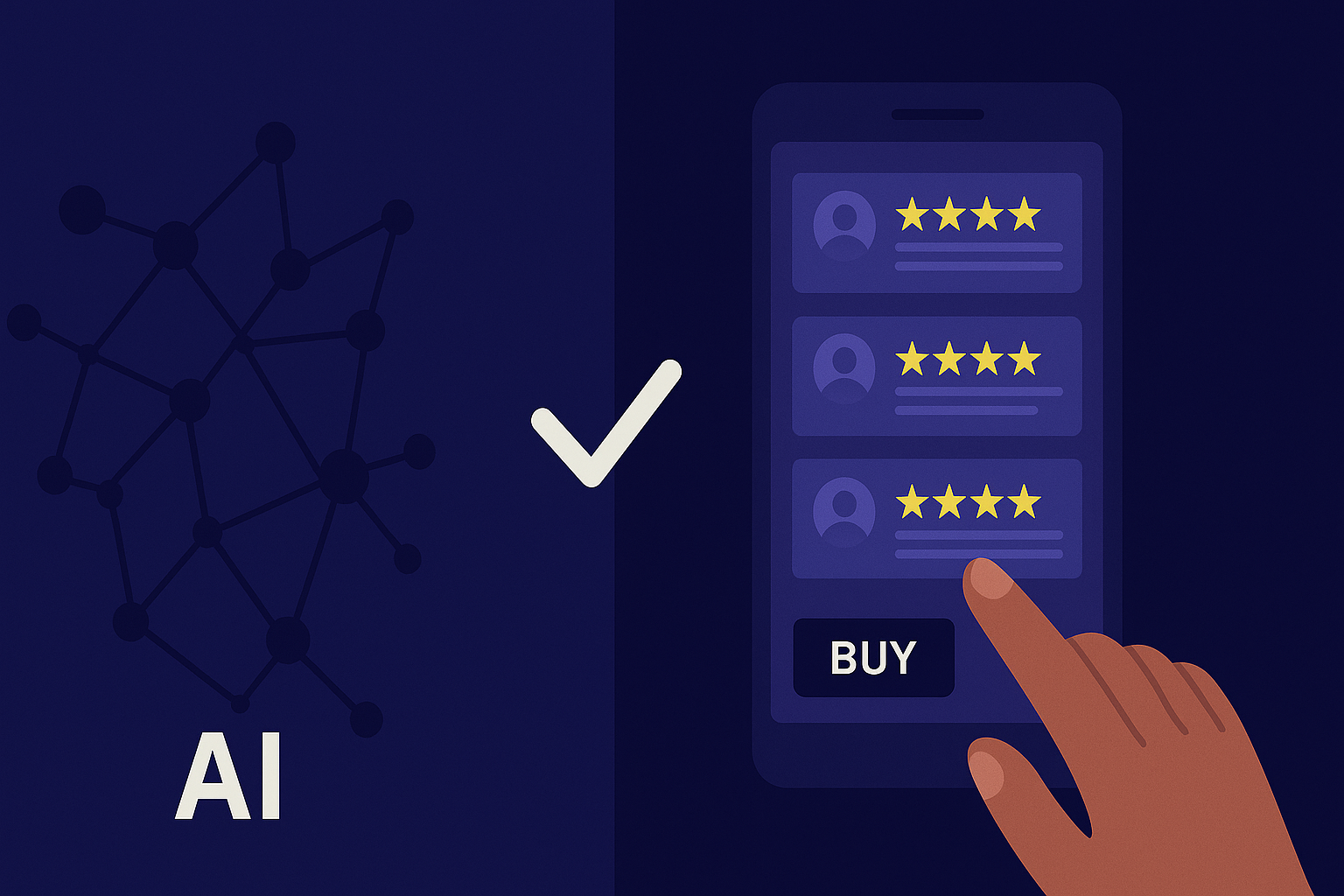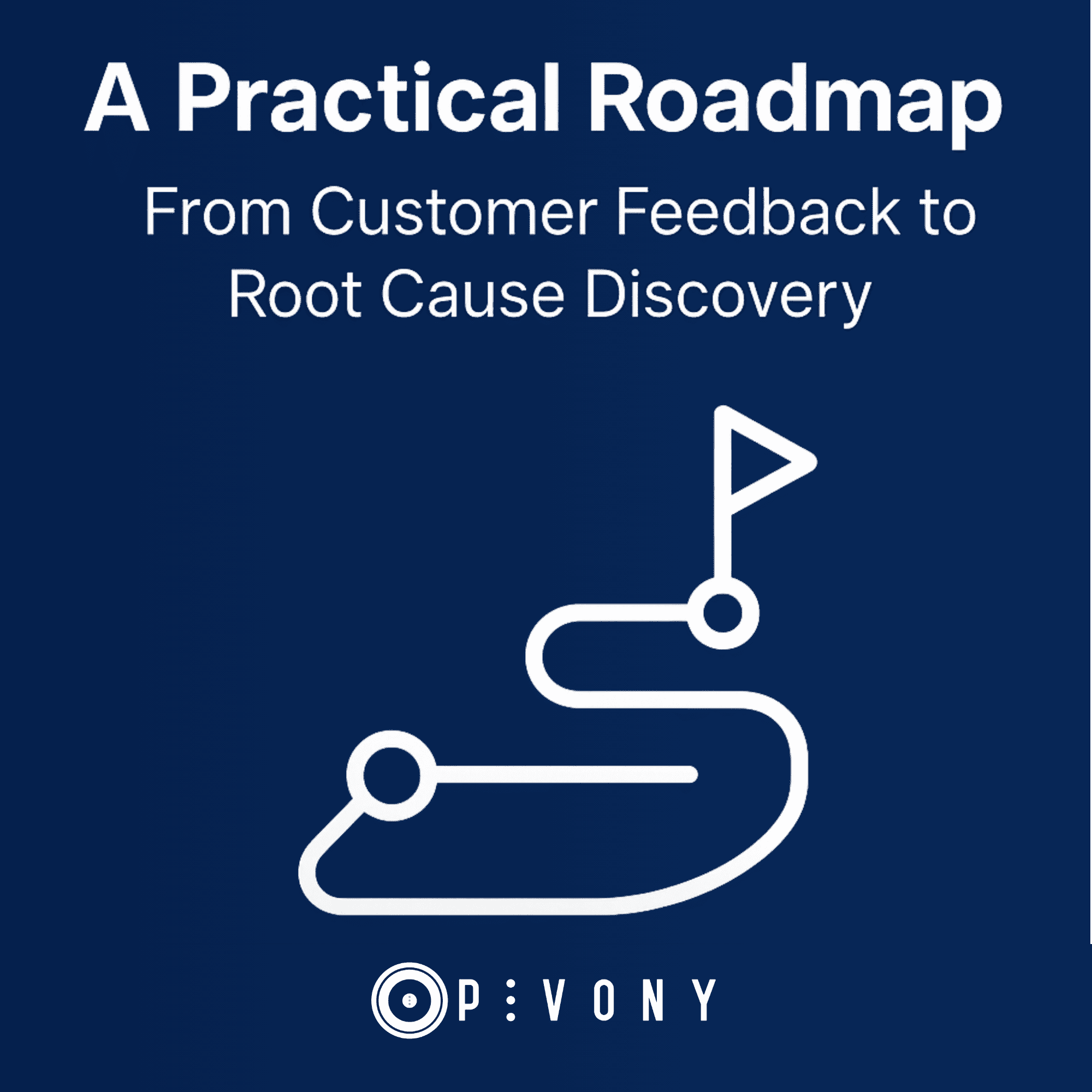Some brands anchor themselves with customer lifestyles and their spending patterns. They create identification between them and their customer. So, how?
Products and services with strong brand attributes are more likely to make more sales. Simply said, consumers are more inclined to choose a name-brand product over an unknown one when given an option. Brands with high brand awareness are typically described as "trending," "compelling," or simply "popular."
Brand awareness is a term used in marketing to analyze the degree to which customers recall a product or service just by its name. Customers’ perceptions of the brand help the brand to create awareness about its product and it gives the chance to differentiate itself from its competitors in the market.
Brand awareness measures how well your target audience is able to recognize and understand your company and brand. Establishing brand awareness is important when marketing and promoting your business and product/service.
Let’s dive into the steps to brand awareness strategy.
- Display a brand image
Creating a distinctive brand image that stands out in consumers' eyes is one of the strategic methods to increase brand awareness and connect with target audiences. Discover the marketing tactics used to create a positive brand image and impact consumer perceptions and buying behavior.
- Learn about your audience
One of the critical elements of brand awareness is knowing your target audience and potential customers. But, how do you know your customers? Using a social listening tool, you can reach your target audience and learn from their perspectives. This information can be used to modify your marketing approach and guarantee a favorable perception of your brand. In this manner, you can persuade potential customers to choose your company or even persuade customers of your competitors to buy your product or service.
- Decide on a voice tone
How a brand communicates with its customers with the interactions is defined as “voice tone”. Thanks to a voice tone, businesses can differentiate themselves from their competitors and present their core brand values to their customers. It could be humorous, formal, or commercial. It includes words and imagery that reflect your brand identity in every content format.
- Identify your unique selling proposition
Your company's unique selling proposition (USP) is what sets you apart from the competitors. It's a distinct and obvious advantage that sets your company apart from competitor brands in your industry. Developing an opinionated and intentional USP helps your brand to concentrate your marketing approach, influences message, brand awareness, and other marketing choices, Also, it influences potential customers to be aware of what your brand does.
- Use social media actively
The way of brands engage with their audiences has evolved as a result of social media. This has been largely eased by the internet, making it much simpler to engage a community on social media. So, brand awareness campaigns on social media have gained a huge impact. Platforms like Facebook, Instagram, or Twitter are ideal places to reach new and highly targeted potential customers because more than half of the world's population uses social media.
Let's consider it: People frequently complain on social media about their negative customer experiences. You must be able to react swiftly and professionally whether it's on your Instagram or Facebook page, privately in a messaging app, or anywhere else. It is an important step to come up with solutions for your customer to develop brand awareness.
- Put the customer insights into action
Are you listening to your customers? If the answer is yes, it is not enough. You have to put customer insights into action. It is crucial to listen first and act afterward when developing a customer insight strategy. Take in as much information as you can from current sources, including reviews of items, social media, CRM data, and straightforward Google searches. It will help you to improve your brand awareness. Also, Pivony Consumer Intelligence Platform can help you to listen to your customers.
- Use a brand awareness measurement
Once you've made the decision to implement some brand awareness strategies, you're undoubtedly wondering, "How do I assess brand awareness?" also, "How can I tell whether my efforts are effective?" Unfortunately, there isn't a specific brand awareness metric you can monitor, so you'll have to think more broadly.
But here are the techniques to track brand awareness:
- You can launch a brand awareness survey.
- You can track your customers’ reviews by using sentiment analysis.
- You can use social media strategy to measure brand awareness.
How to Increase Brand Awareness
Multiple simultaneous activities that go beyond attempting to attract paying customers to lead to strong brand awareness. Here are the tips to boost brand awareness among your customers.
- Try to be a customer-centric brand.
- Socialize with your customers.
- Tell your story.
- Understand your target group and sell your value.
- Give importance to your customers’ feedback and perspectives.
- Be active on social media.
- Develop a voice for your brand.

.png)




